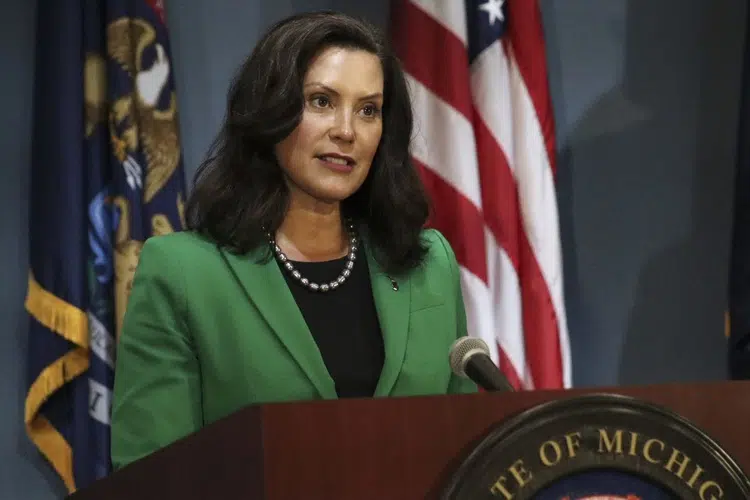LANSING, MI (WKZO AM/FM) — Despite the governor saying that the emergency will end in a matter of months, Michigan will remain in a state of emergency through most of October.
On Tuesday, Governor Gretchen Whitmer extended the state of emergency through October 27. It was set to expire on October 1.
“Right now, the federal government and all 50 states have been under some form of state of emergency. We must continue doing our part to fight this virus on behalf of our families, frontline workers, and our small businesses,” Whitmer stated.
The state of emergency is separate from the stay at home order. Michigan’s stay at home order has already expired, but the emergency declaration provides further protections for Michiganders. It also allows the governor to implement possible business closures, gathering restrictions, mask requirements, and offer other resources throughout the coronavirus pandemic.
A press release from the governor states, “Though local health departments have some limited capacity to respond to cases as they arise within their jurisdictions, state emergency operations are necessary to bring this pandemic under control in Michigan and to build and maintain infrastructure to stop the spread of COVID-19, trace infections, and to quickly direct additional resources to hot-spots as they emerge.”
The governor also signed four other executive orders including:
- Executive Order 2020-187 which protects vulnerable populations and strengthens our economic recovery by extending through October 31 the governor’s previous order allowing business to be conducted remotely through expanded use of e-notaries and e-signatures.
- Executive Order 2020-188 which extends the limited and temporary restrictions on the entry of individuals into health care facilities, residential care facilities, congregate care facilities, and juvenile justice facilities. The Department of Health and Human Services will continue to issue orders to specify exceptions to this order.
- Executive Order 2020-189 which extends through October 31 protections for prison and jail populations through enhanced cleaning protocols and implementation of testing protocols by Michigan Department of Corrections prisons and any jails that transfer inmates to MDOC prisons.
- Executive Order 2020-190 which adds protections for workers and customers at food-selling establishments to the Workplace Safeguards order, including the requirement to maintain two hours a week of reserved shopping time for vulnerable populations.
More on the coronavirus pandemic and the latest executive orders can be found here.





